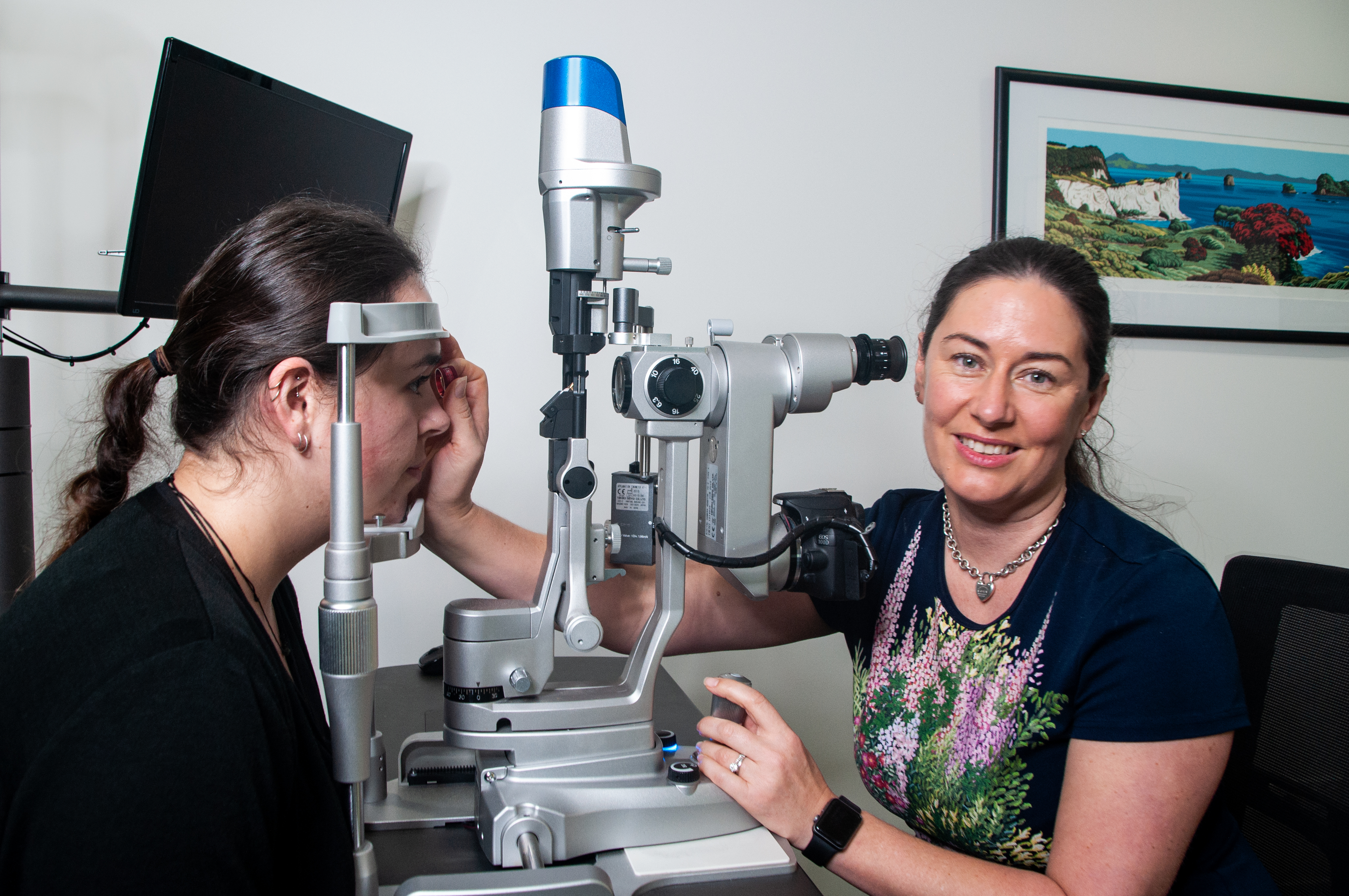Supporting New Zealanders Living with Glaucoma
Helping Kiwis navigate glaucoma with knowledge, community support, and resources that empower people to manage their vision health.

A cataract is an opacity (or cloudiness) in the lens of the eye. This cloudiness develops inside the lens and restricts light passing through the eye and reaching the retina. When this occurs, vision is affected. An opacity can be quite minor or it can become so marked that it prevents adequate vision.
The most common cause of cataracts is ageing. Others include:
Common symptoms of cataracts are:
Only cataracts causing symptoms need treatment. Modern cataract or lens replacement surgery is effective in restoring vision to most patients. This involves removing the cloudy lens from inside the eye through a small incision, and replacing it with a new artificial lens, also called the Intraocular Lens (IOL) made from an acrylic material.
Through a comprehensive series of personalised measurements we are able to recommend the perfect IOL to match your individual readings, so we can provide you with the best visual outcome possible.
Cataract surgery at Auckland Eye offers people suffering from cataract problems a range of potential life-changing benefits, including:
Auckland Eye specialists are always here to answer your questions or help with any concerns you may have. Please call us on 0800 25 53 93 to book an appointment.

Helping Kiwis navigate glaucoma with knowledge, community support, and resources that empower people to manage their vision health.

We are delighted to celebrate a milestone for Dr Rachael Niederer, who has been promoted to Associate Professor at the University of Auckland.

Let’s explore the science and the wonder behind these tiny but powerful organs.